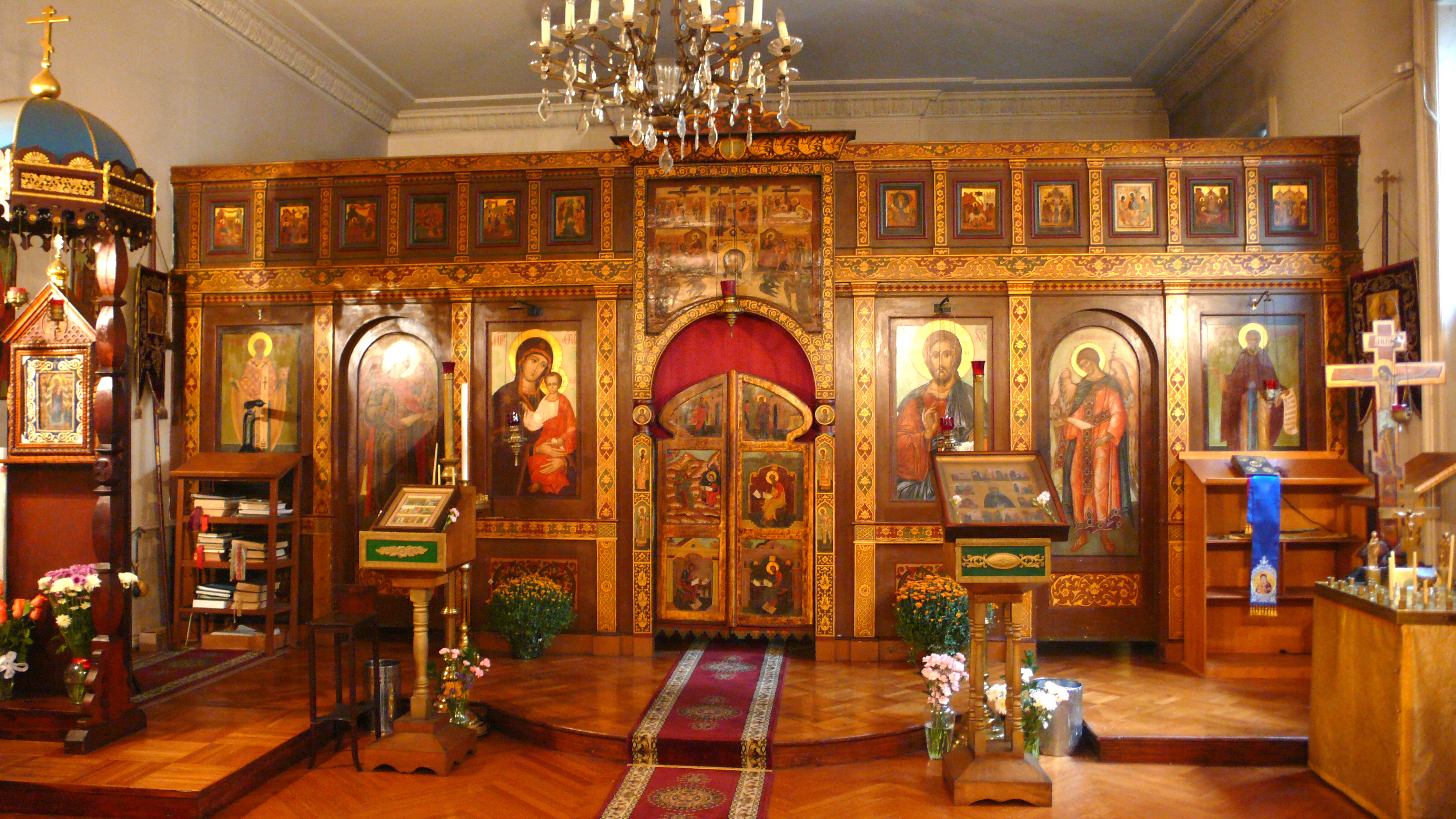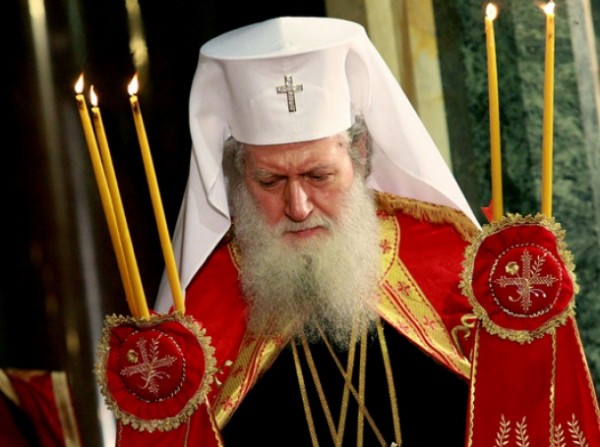Lithuanian has gruodis – presumably cognate with Polish grudzień (which, according to Wiktionary, comes from Proto-Slavic gruda – ‘heap’, ‘lump’).. Latvian nowadays uses the Latin names for all the months of the year, hence decembris – but there is an older set of names, in which ‘December’ is vilku mēnesis (‘the month of
ROME AND ROMANIA, 27 BC-1453 AD. Emperors of the Roman and the so-called Byzantine Empires; Princes, Kings, and Tsars of Numidia, Judaea, Bulgaria, Serbia, Wallachia, & Moldavia;
A slavic dragon is any dragon in Slavic mythology, including the Russian zmei (or zmey; змей), known in Ukraine as zmiy (), and its counterparts in other Slavic cultures: the Bulgarian zmei (змей), the Polish żmij, the Serbian and Croatian zmaj (змај, zmȁj).
A list of names. see the pronunciation key for a guide on how to write the sounds; sounds can only be searched in names that have been assigned pronunciations
After being taken down twice by Blogger within a single week, we got the message: It’s Time To Go. Gates of Vienna has moved to a new address:
Cognate object; Figura etymologica; Historical linguistics; Interlingual homograph; List of German cognates with English (in Wiktionary); Lists of words having different meanings in American and British English





International Orthodox Christian News. OCP News Service – 24/5/18 Mardin-Turkey- Properties of the Syriac Orthodox community in Tur Abdin is returned to the Church.
A cognate is a word derived from the same root as another word. Cognates are words that have a common origin ().They may happen in a …

May 18, 2018 · 1913, Joseph C. Lincoln, chapter 1, in Mr. Pratt’s Patients: Thinks I to myself, “Sol, you’re run off your course again. This is a rich man’s summer ‘cottage’ […



the description is the meaning and history write-up for the name; separate search terms with spaces; search for an exact phrase by surrounding it with double quotes. example: “lord of the rings” will match names from the novel ‘The Lord of the Rings’